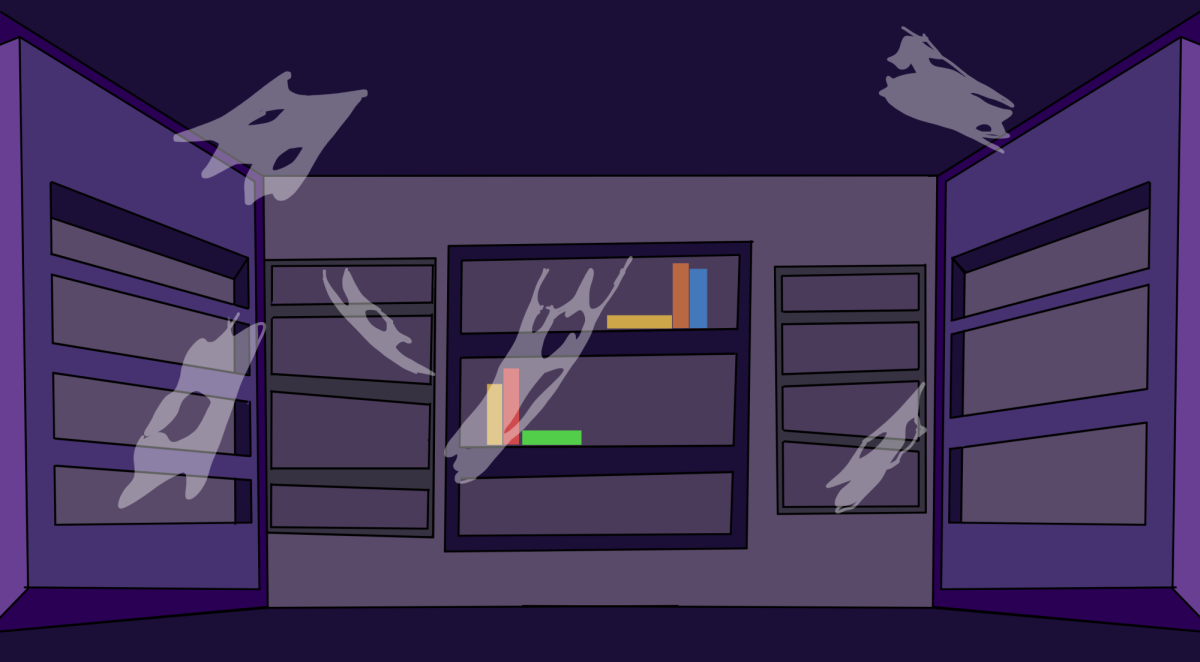Productivity means staying on top of your responsibilities and finishing necessary tasks in a timely manner. But with more students racing for better grades and aiming for rigorous classes, there is a rise in expectations from schools and parents. This change pushes students to pursue any chance of distinction on top of their responsibilities and the completion of necessary tasks, destroying the initial goal of productivity. Now, we assume the busiest people to be the ones winning at life.
Rather than having a consistent feeling of accomplishment, this new form of productivity has led to academic burnouts that follow after short but strenuous amounts of schoolwork. One of the main causes is stress, either due to exams and grades or factors outside of academics such as new social circles, finding employment, or family situations. For most students, this has led to physical implications. According to a national study by the Stanford Graduate School of Education and NBC News, 83% of high school students reported having at least one stress-related physical health symptom. This is a clear pointer that students are ultimately self-destructing while trying to maintain productivity.
As a senior, I can relate. With dual enrollment at Mounds View and the University of Minnesota, my fall semester has been the most stressful time of my life. I usually spent about 14 hours attending classes and extracurricular activities, volunteering, or working. If lucky, I could finish my homework for the day past midnight. This is what I was forced to consider “manageable.” But running on little to no sleep put me behind the following day. Overall, it was a harsh cycle that worsened over time and caused me to have multiple burnouts throughout the semester.
Some would argue that it’s all for the sake of college applications. However, the high levels of stress that students experience continue into college. In the spring semester of 2023, a study conducted by Gallup, an analytics and advisory company, showed that 66% of U.S. college students experienced stress. This clearly indicates the continuation of the said “productive” mindset as many fear falling behind even in the slightest.
Now, the expectation is to seemingly relax after building up your education and finding a job. Yet, the busier you seem in the workplace, the more productive and competent you’ll seem to others. There is a fine line between productivity and overworking yourself: According to a survey by Deloitte, a business management company based in Minneapolis, 77% of workers have experienced burnout at their current job, and 70% say that their employers are not providing any resources or aid in preventing these burnouts. Instead, workplaces value and reward those who overwork and remain resilient.
Rather than aimlessly accomplishing tasks for instant gratification, the goal should be to partake in an opportunity that deepens your understanding and appreciation of said experience. This is difficult, considering the fact that most of our society strives on over productivity. But realizing that self-productivity only depends on your values and priorities and not others will help you step back and find your way to personal success.









